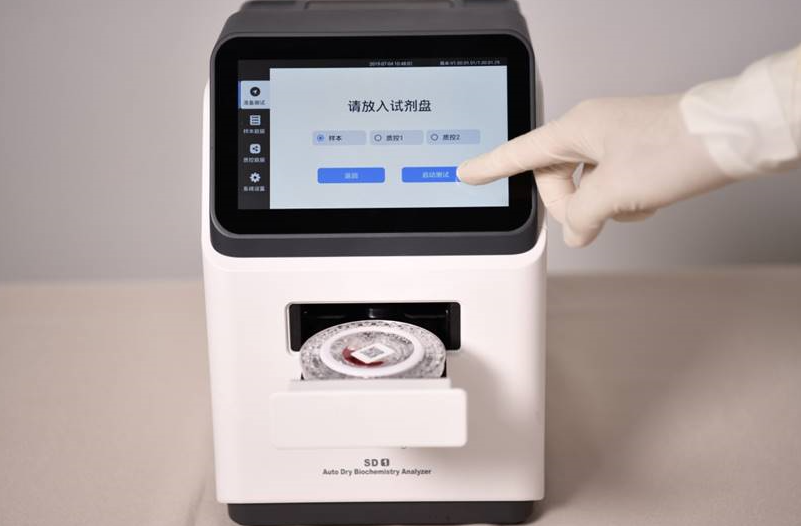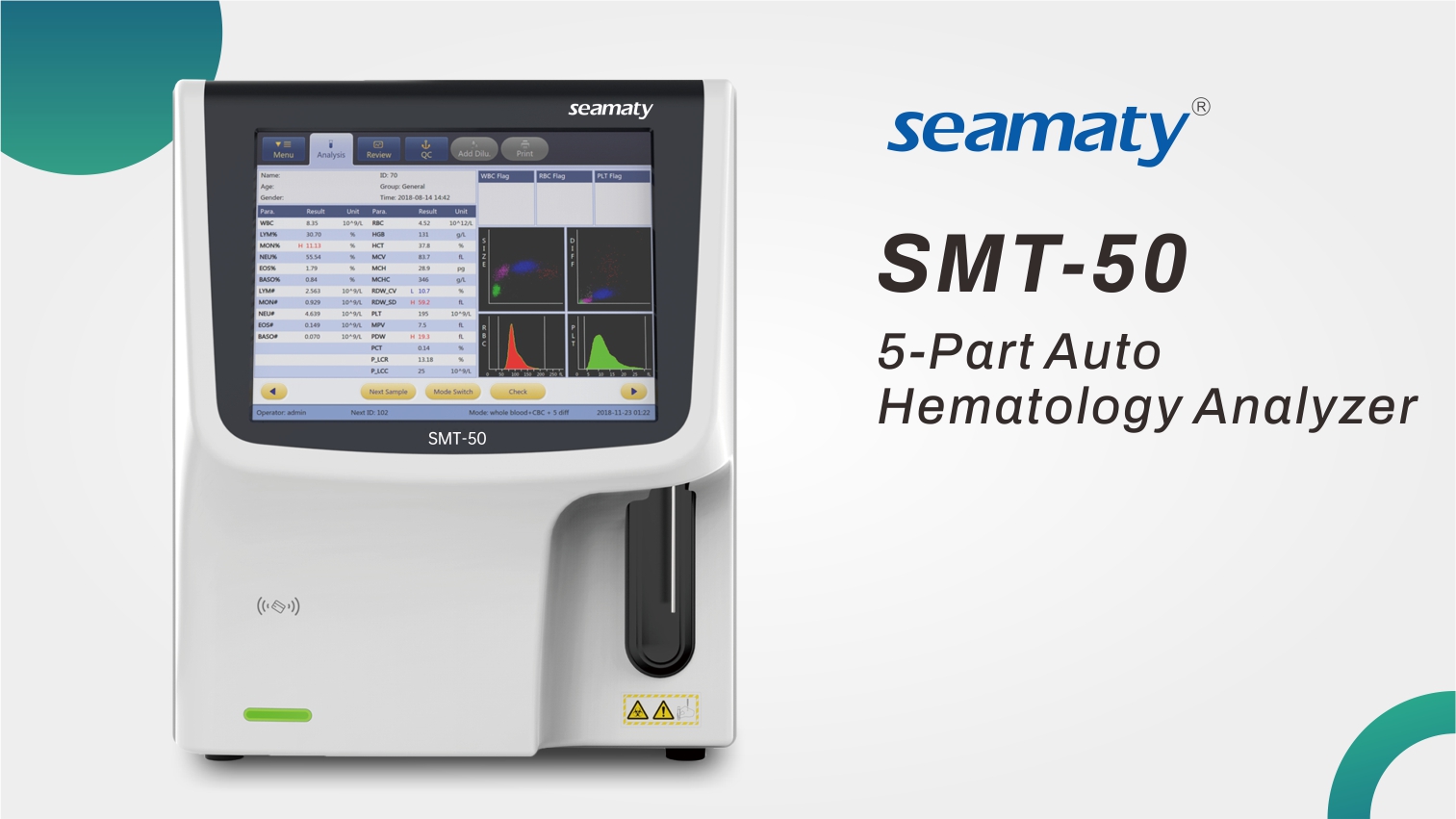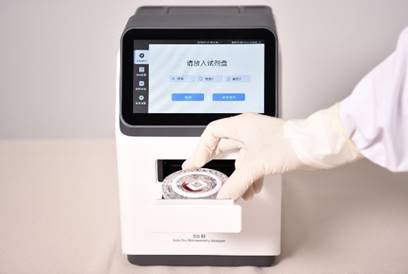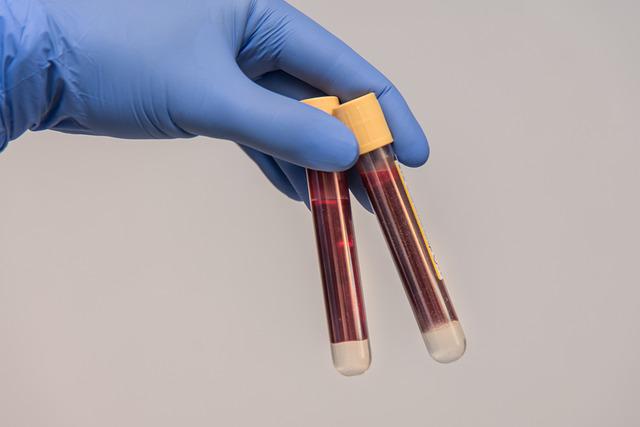release time:2022-05-07 10:58:24

Automated biochemical analyzers are now more commonly used in hospitals, ranging from 400 to 1200 tests. Dry biochemistry analyzers can now basically do fully automated operation. Dry biochemistry analyzers are mainly used in small clinics, hospital emergency departments, some testing laboratories will also use, but most are still placed in the emergency department.

2022-09-15
Hematology analyzer is currently the most commonly used testing instrument for clinical blood general examination. Instrument frequent use will inevitably malfunction. In addition to some relatively large failures, such as negative pressure pump into the water, peristaltic pump weakness, counting errors or not counting at all, etc. need to be repaired by the instrument manufacturer engineers. In fact, many small faults can be solved by yourself.

2022-06-23
Biochemical analysis of the body blood samples forms the basis of medical diagnosis and plays a crucial role in treating various health ailments. Automated biochemical analyzers analyze body blood samples and evaluate the concentration of biochemical markers,

2022-03-11
There is a big difference between blood biochemistry and routine blood test. Blood biochemistry mainly checks kidney function, liver function, cardiac enzyme profile, electrolytes, etc. They react to diseases such as liver.